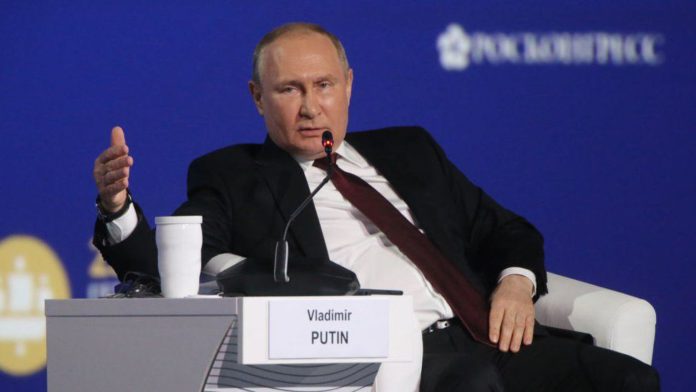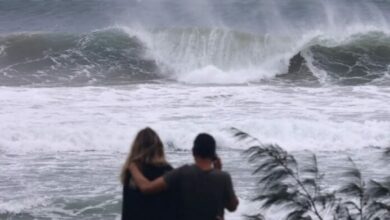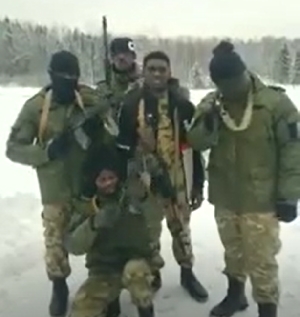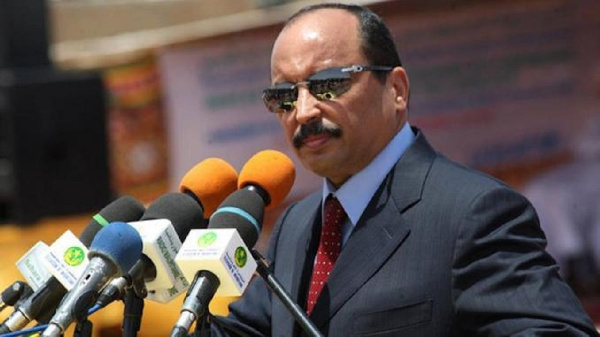Europe
Russia: Putin Wins Presidential Election

After three days (March 15 to 17) of voting, Vladimir Putin is leading the Russian presidential election with 87.34% after 98% of ballots were counted, according to data of the Russian Central Elections Commission. It gives Putin another six-year term (2024-2030) to lead Russia.
The second is State Duma member from the Communist Party Nikolai Kharitonov with 4.3% of votes. State Duma deputy speaker, member of the New People party Vladislav Davankov is the third with 3.8%. Leader of the Liberal Democratic Party of Russia Leonid Slutsky is the fourth with 3.17% of votes.
In an address before the election, Putin reminded Russians of “the inviolability of the principle of holding regular elections which is one of the basic principles of a democratic state. The outcome will directly affect the development of the country in the coming years.”
The primary aspiration related to an election as a step into the future, embark on the next phase of economic development and to defend Russia’s freedom and sovereignty. Today, it is critically important not to stray from this path, to achieve what we have set out to achieve, and to fulfil our ambitious goals.
“All of us, the multi-ethnic people of Russia, are one big family. We want the standard of living and quality of life to improve. And so it will be. We want it to flourish, to be strong, free, and prosperous,” he the Russian people in a televised speech on March 15.
Moreover, Russian society readily accepted Putin who has been in power for 24 years, since after the first president Boris Yeltsin handed over to him the political power. He began his journey from a modest family to the KGB, and eventually to the presidency in 2000. His ascendancy to power, Russia has transformed into a modern society with appreciable improvements in the economy and other aspects of social life.
Today’s Russia is distinctively different. Russians are great travellers across the world primarily due to significant increase in regular income. Russia has also climbed into international stage, performing wonderfully well and challenging for a new global order. This aims at constructing the Global South, and its allies in this struggle are found in Latin America, Asia and Africa.
Source: thepressradio.com|Kestér Kenn Klomegâh





